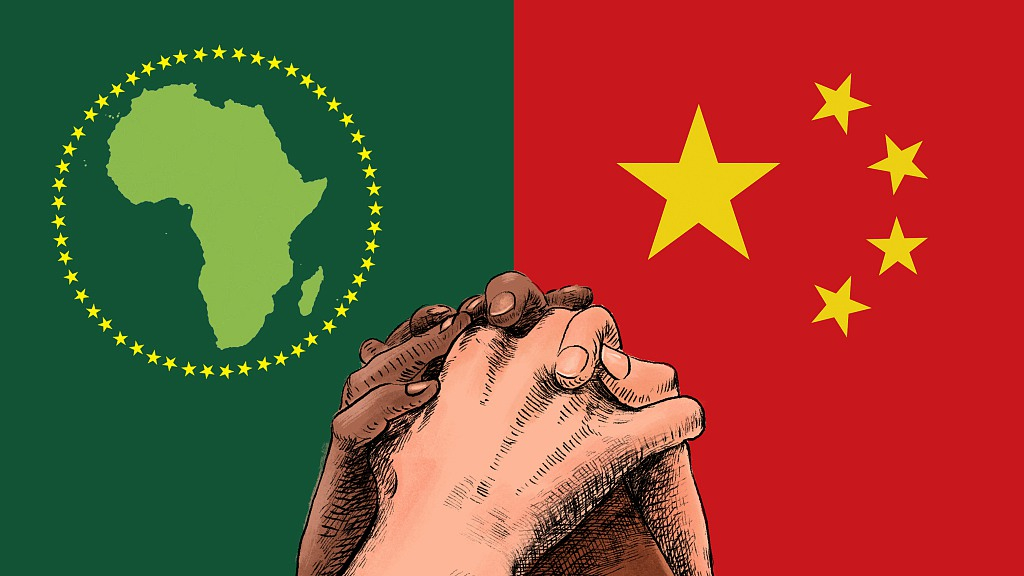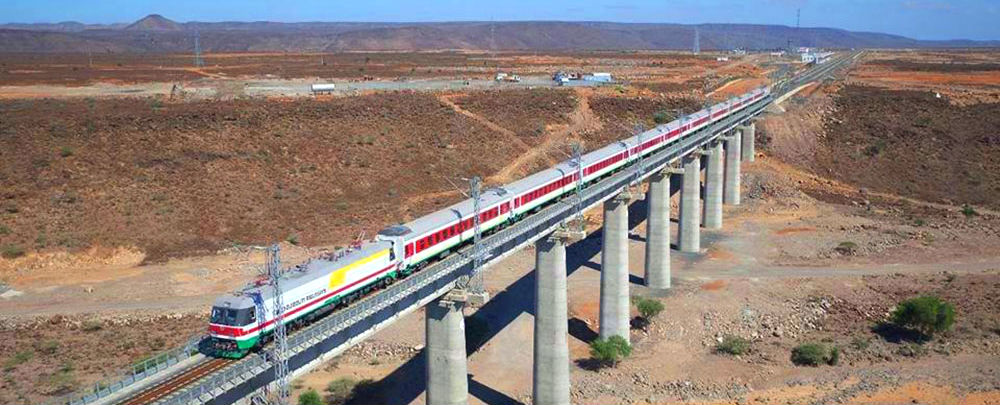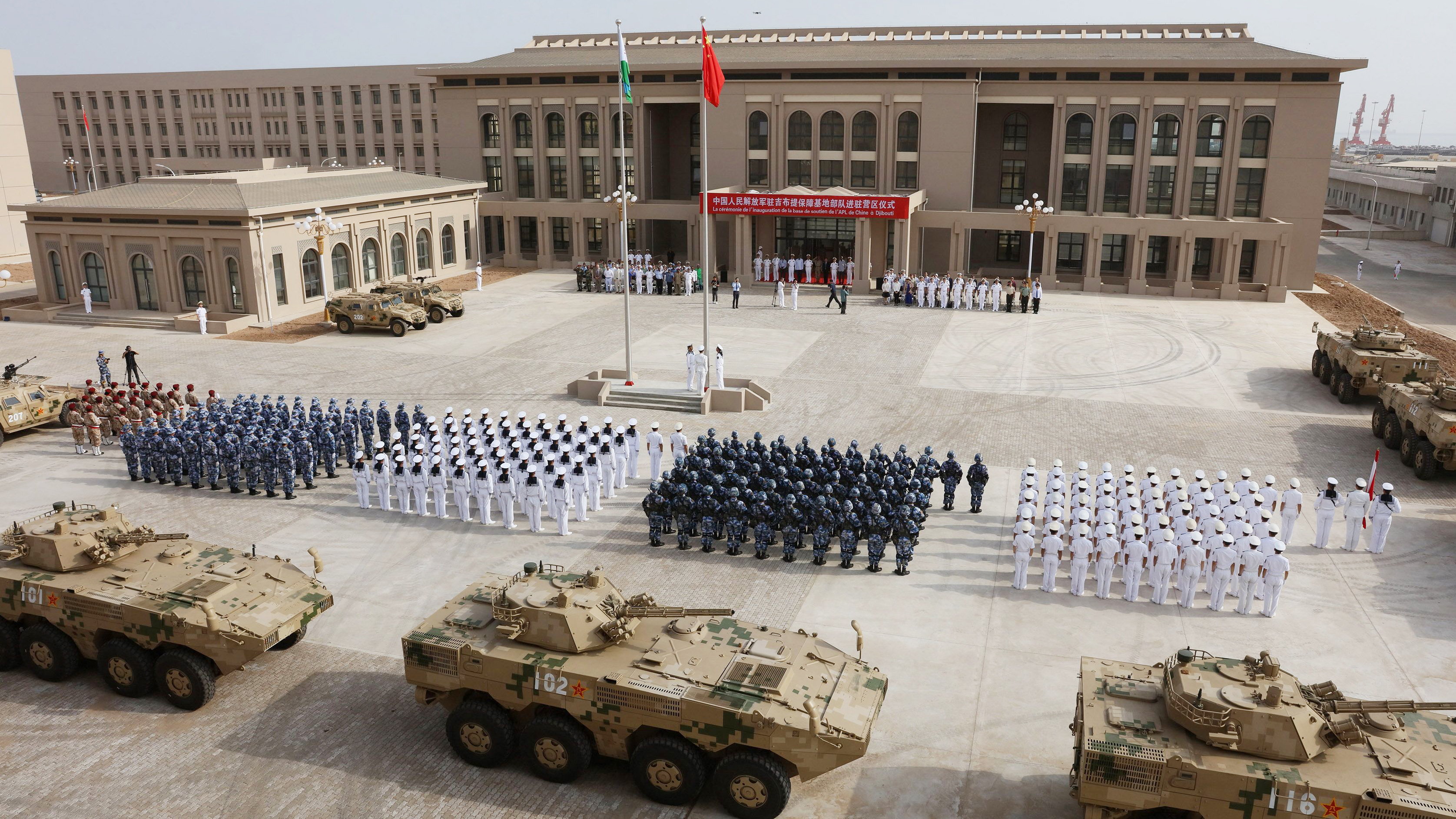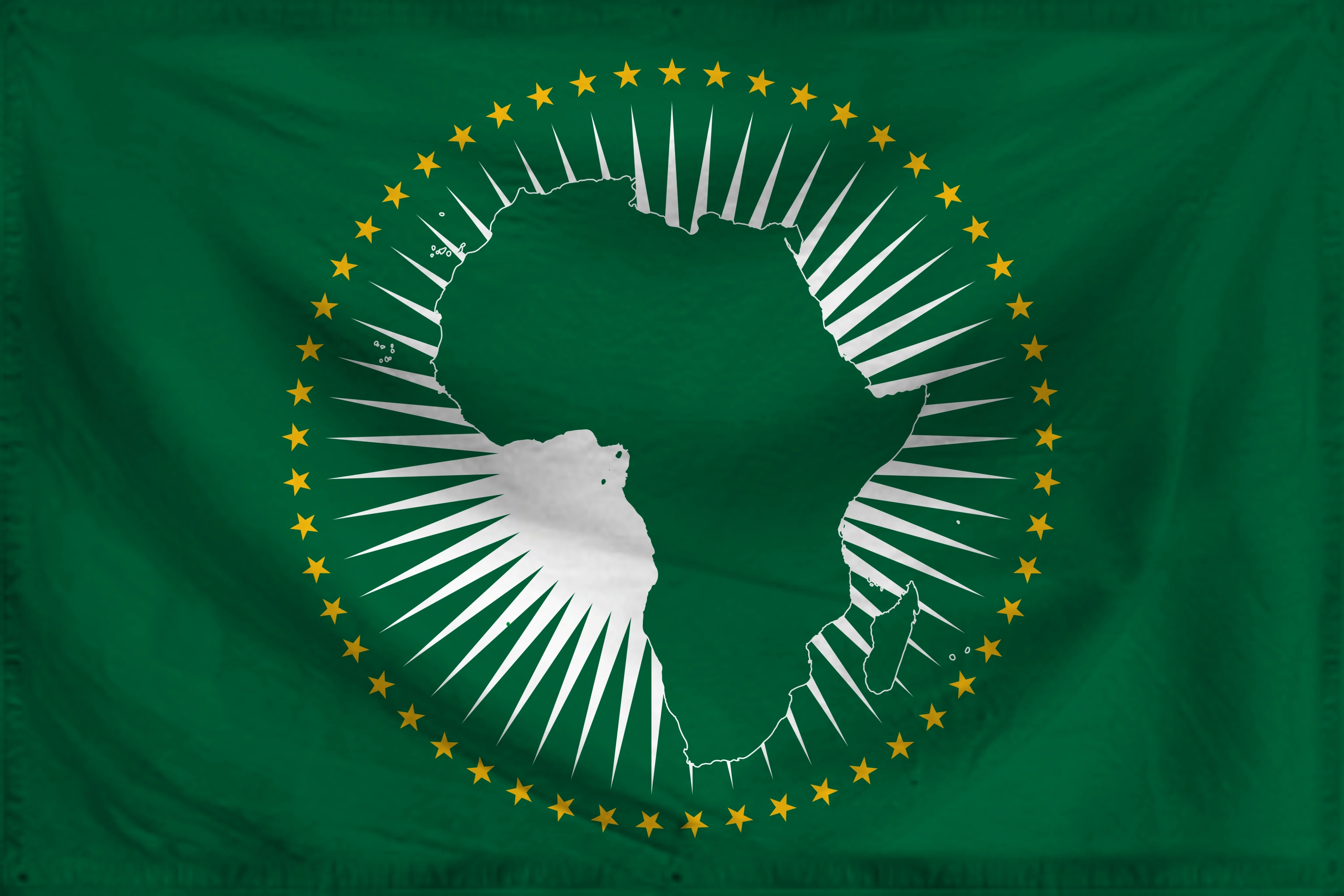China Africa Relations - Navigating A Complex Partnership
The dynamic China and Africa relationshas garnered significant attention in recent years. This article delves deep into the multifaceted ties between these two regions, examining their historical context, economic collaborations, geopolitical implications, and the challenges they face.
What China And Africa Seek In Their Relationship
The evolving China-Africa partnership is driven by a complex web of strategic interests and aspirations. Understanding what both parties desire from this relationship is essential to appreciating its dynamics and potential future trajectories.
China's Strategic Interests In Africa
China's engagement in Africa is guided by a set of overarching strategic interests:
- Access to Natural Resources: At the forefront of China's objectives in Africa is securing access to natural resources, particularly oil and gas. With projections indicating that China will surpass the United States as the world's largest oil importer, China is heavily investing in the energy sectors of African nations such as Sudan, Angola, and Nigeria. These investments are vital for ensuring a stable and consistent supply of resources to fuel China's rapid economic growth.
- Economic Diversification: Beyond resource extraction, China views Africa as a vast market for its exported goods. As it seeks to transition away from labor-intensive industries in response to rising labor costs domestically, Africa presents an attractive destination for Chinese investments. By engaging with Africa economically, China hopes to restructure its own economy and secure new markets for its products.
- Political Legitimacy: China recognizes the value of political legitimacy on the global stage. Strengthening relations with African nations not only enhances its international influence but also garners support for its "One China" policy. Many African governments express their adherence to this policy, which is a prerequisite for attracting Chinese aid and investment.
- Regional Stability: China is keen on playing a constructive role in contributing to stability in the African region. This proactive approach is partly driven by a desire to safeguard its economic interests and mitigate security-related threats. Stability in the African countries where China invests is essential to ensure the security of its assets and investments.
African Aspirations In The China-Africa Relationship
African governments, in turn, have their own set of expectations and goals in their dealings with China:
- Political Recognition and Legitimacy: African leaders seek political recognition and legitimacy from their relationship with China. Chinese engagement provides an alternative to Western approaches, as it does not come with condescending lectures on good governance or strict conditionalities. This is particularly appealing to African nations, allowing them to navigate their political paths with greater autonomy.
- Economic Development: African nations look to China for aid, investment, infrastructure development, and trade opportunities. These economic engagements are seen as instrumental in driving their own development agendas. Investment from China, often directed towards high-risk or less appealing projects, offers African countries a chance to boost economic growth and improve infrastructure.
- Emulating China's Success: Some African leaders and policymakers aspire to replicate China's rapid economic development. They believe that by studying China's experiences in poverty alleviation and economic transformation, African nations can chart their own paths to prosperity.
Historical Background
A Long-Standing Connection
The historical ties between China and Africa are marked by a rich tapestry of interactions and exchanges that span centuries. These connections not only demonstrate the enduring nature of the relationship but also shed light on the foundations of the modern diplomatic engagement we witness today.
Ancient Roots
The roots of China-Africa relations can be traced back to antiquity, with evidence of early interactions dating as far back as the Tang Dynasty (618-907 AD). During this era, Chinese traders and explorers embarked on remarkable voyages that took them across the Indian Ocean and eventually to the shores of Africa. These intrepid travelers, including the famous Chinese explorer Zheng He, left behind tangible evidence of their presence in Africa, such as inscriptions and artifacts.
Modern Diplomacy Takes Shape
While ancient connections laid the groundwork, it was in the mid-20th century that modern diplomatic relations between China and African nations began to take shape. This period was characterized by a wave of decolonization in Africa, with many nations gaining independence from colonial rule. China, in the midst of its own revolutionary transformation, recognized the opportunity to establish diplomatic alliances with these newly independent African countries.
China's commitment to supporting African nations in their struggles for independence and development marked the inception of a unique partnership. Prominent African leaders such as Kwame Nkrumah of Ghana and Julius Nyerere of Tanzania, among others, found ideological common ground with China's communist government. This shared vision of sovereignty, self-determination, and economic development laid the foundation for deeper cooperation.
China's "Five Principles of Peaceful Coexistence," which emphasize mutual respect for sovereignty and non-interference in internal affairs, resonated with many African nations seeking to assert their independence on the global stage. These principles became a cornerstone of China's foreign policy in its dealings with Africa.
As the 20th century progressed, China-Africa relations continued to evolve, encompassing economic, political, and cultural exchanges. This historical context is crucial in understanding the depth of the contemporary partnership and the factors that have shaped it over time.
Economic Collaboration
Trade And Investment
Economic cooperation stands at the forefront of China-Africa relations, showcasing the substantial impact this partnership has had on both regions' economies. This section delves deeper into the multifaceted nature of this collaboration, highlighting key areas of engagement.
Burgeoning Trade Relations
China has emerged as Africa's largest trading partner, a testament to the robust economic ties that bind the two regions. Trade volumes have skyrocketed, with transactions reaching the realm of hundreds of billions of dollars annually. This surge in trade is fueled by a diverse exchange of goods, encompassing everything from machinery and electronics to textiles and agricultural products.
China's insatiable appetite for African commodities, including oil, minerals, and agricultural goods, has been a driving force behind this economic synergy. African nations, in turn, have found in China a willing partner to export their valuable resources. This exchange has been instrumental in boosting the economic prospects of numerous African countries.
Infrastructure Development - The Belt And Road Initiative (BRI)
At the heart of China's economic engagement with Africa lies the ambitious Belt and Road Initiative(BRI). This colossal infrastructure development project, often referred to as the "New Silk Road," has left an indelible mark on Africa's physical landscape.
Massive investments have poured into critical sectors such as transportation, energy, and telecommunications. Roads, railways, ports, and energy projects have been constructed or upgraded with Chinese funding and expertise. These developments have not only enhanced connectivity within Africa but have also positioned the continent as a vital node in the global trade network.
African nations have embraced the opportunities presented by BRI projects, recognizing that improved infrastructure is essential for economic growth. The benefits extend beyond commerce, as enhanced transportation networks facilitate the movement of people, goods, and services, ultimately leading to increased regional integration and economic diversification.
Natural Resources And Extractive Industries
Africa's vast reserves of natural resources have long been a source of economic potential and, at times, controversy. China's substantial demand for these resources, including oil, minerals, and agricultural products, has catalyzed significant investments in the continent's extractive industries.
Chinese companies have ventured into Africa to extract and export these valuable commodities, thereby contributing to the economic development of African nations. The revenues generated from such activities have been used to fund critical public services, infrastructure projects, and social development initiatives.
However, this symbiotic relationship has not been without its challenges. Concerns about resource depletion and environmental degradation have been raised, prompting calls for more sustainable and environmentally responsible practices in the extraction of Africa's natural wealth.
Geopolitical Implications
Diplomatic Influence
China's involvement with African countries transcends economic transactions; it extends to the diplomatic arena, where China has actively cultivated partnerships with African nations. This section delves into the nuances of China's diplomatic engagement in Africa and its ripple effects on global politics.
Diplomatic Prowess
China has demonstrated considerable diplomatic acumen in its dealings with African nations. Diplomacy is characterized by mutual respect, non-interference in internal affairs, and a commitment to sovereignty—principles enshrined in China's "Five Principles of Peaceful Coexistence."
China's diplomatic overtures have often translated into tangible support for African countries on the international stage. African nations have found in China a steadfast ally, especially on issues of mutual concern, such as advocating for the reform of international institutions like the United Nations Security Council to ensure more equitable representation.
One of the key areas where China's diplomatic influence is evident is in international forums and organizations. African nations have increasingly aligned themselves with China's positions on global issues, and in return, China has supported African initiatives and representation within these organizations.
Reevaluation Of Relations With Western Partners
China's growing influence in Africa has prompted some African countries to reassess their traditional relationships with Western partners. The allure of China's pragmatic approach to cooperation, its willingness to invest in large-scale infrastructure projects, and its non-prescriptive stance on governance have led to a shift in diplomatic allegiances.
African leaders and policymakers have realized that China offers an alternative avenue for development and collaboration that is distinct from the conditional aid and assistance often offered by Western countries. This reevaluation has resulted in a recalibration of diplomatic priorities in some instances.
Geostrategic Interests
China's engagement with Africa is not confined to diplomacy and economics; it extends into the realm of geopolitics and geostrategic interests. This section explores China's strategic considerations in Africa and the implications they hold for global dynamics.
Strategic Significance Of Africa
Africa's geographical location has gained increasing significance in China's global aspirations. The continent's proximity to major maritime routes, including those vital for energy transportation, makes it a crucial piece in China's quest for economic security and global influence.
China's "going out" strategy, aimed at securing overseas resources and markets, has led it to invest heavily in African nations. This investment serves not only to extract valuable resources but also to establish a foothold in strategic locations. This foothold allows China to project its influence beyond Africa, particularly in the Indian Ocean region and along key trade routes.
Military Bases And Security Cooperation
China's geostrategic interestsare further underscored by its establishment of military bases and security cooperation agreements in African nations. These moves reflect China's desire to safeguard its interests, particularly its economic investments and shipping lanes.
The establishment of a military logistics facility in Djibouti in the Horn of Africa in 2017 was a notable development. It marked China's first overseas military base and signaled its intent to protect its maritime interests in the region. Additionally, China has engaged in security cooperation agreements with several African countries to address shared security concerns, such as counterterrorism efforts and peacekeeping missions.
The Future Of China-Africa Relations - Navigating Debt Distress And Multilateral Cooperation
As China's engagement with Africa continues to evolve, the future of this complex relationship holds both promise and challenges. One critical issue that looms large on the horizon is how China addresses debt repayment from African countries, a matter that carries significant implications for its international standing as a champion of developing nations.
Evolving Debt Dynamics
In the past, China has taken an assertive stance on debt repayment, often demanding prompt settlement. While this approach has been rooted in financial prudence and adherence to contractual obligations, it has raised concerns about China's reputation, particularly in the eyes of African nations.
The stark reality is that many African countries find themselves in debt distress, struggling to meet their financial obligations. Demanding immediate repayment can exacerbate economic hardships and social challenges, further straining China's image as a reliable and compassionate partner.
Multilateral Solutions
China's best course of action for safeguarding its reputation in Africa while achieving reasonable financial settlements lies in embracing multilateral cooperation. This shift in approach would entail working alongside Western nations through established multilateral organizations like the G20.
However, this transition poses several challenges for China. Historically, China's Belt and Road Initiative (BRI) deals have been rooted in bilateral agreements, often shrouded in opacity. Embracing multilateralism would require a departure from this approach and a commitment to greater transparency and collaboration.
Furthermore, China's geopolitical rivalry with the United States, exacerbated by global events such as Russia's invasion of Ukraine, complicates matters. Cooperation with Western nations, while desirable, may be viewed with skepticism due to these existing tensions.
The Role Of African Nations
In this complex equation, African nations play a pivotal role in shaping the future of China-Africa relations. It is imperative that African countries assert their interests and advocate for cooperative solutions to debt distress. This can be achieved most effectively through unified action, ideally speaking with one voice through institutions such as the African Union(AU).
The AU's role in mediating discussions between China, Western nations, and African countries on debt distress could be instrumental. Its impartiality and representation of African interests position it as a crucial player in forging equitable and collaborative solutions.
An EU-Led Push For AU In The G20
One potential step toward creating a framework for equitable debt resolution and cooperation between Africa, China, and the West is an EU-led initiative. Encouraging the African Union's participation in the G20 could be a significant milestone in this regard.
The G20, as a forum of major economies, provides an ideal platform for dialogue and negotiation. With the AU at the table, African nations would have a stronger voice and representation in discussions on debt distress and economic cooperation.
People Also Ask
What Is China's Relationship With Africa?
China's relationship with Africa is multifaceted and characterized by a combination of economic, diplomatic, and geopolitical engagements. China has become a significant partner for many African nations in recent decades. This partnership is primarily driven by China's quest for access to Africa's vast natural resources, such as oil, minerals, and agricultural products. China is also heavily involved in infrastructure development projects across the continent, particularly through its Belt and Road Initiative (BRI).
Who Are China's Allies In Africa?
China does not have traditional military alliances with African nations, as it primarily engages in economic and diplomatic partnerships. However, China has cultivated close relations with several African countries, often based on mutual economic interests. Some countries that have strong economic ties with China include Angola, Sudan, Nigeria, Ethiopia, and South Africa. These relationships are typically driven by China's investments in infrastructure and natural resource extraction. It's essential to note that China's engagement in Africa is not limited to specific allies but spans across the continent.
Does China Support African Countries?
China provides support to African countries through various means. One of the most significant forms of support is economic, including foreign direct investment, infrastructure development, and trade.
Conclusion
In conclusion, the multifaceted relationship between China and Africa is a testament to the intricate interplay of history, economics, diplomacy, and geopolitics. From their historical connections dating back to ancient trade routes to the modern economic collaborations that have reshaped entire regions, China and Africa have navigated challenges and harnessed opportunities together.
China's substantial investments, particularly through the Belt and Road Initiative, have transformed Africa's infrastructure and fueled economic growth. However, concerns about debt sustainability, environmental impact, and labor practices underscore the need for responsible and equitable cooperation.
Geopolitically, China's increasing influence in Africa has sparked global conversations about power dynamics and cooperation in an ever-changing world order. The diplomatic influence and geostrategic interests of both China and African nations have redefined traditional alliances and priorities.
For more insights on trade and economic collaborations, including shipping from China to Kenya, visit Urban Kenyans. Together, we can continue to explore and understand the evolving dynamics of this important global partnership.




